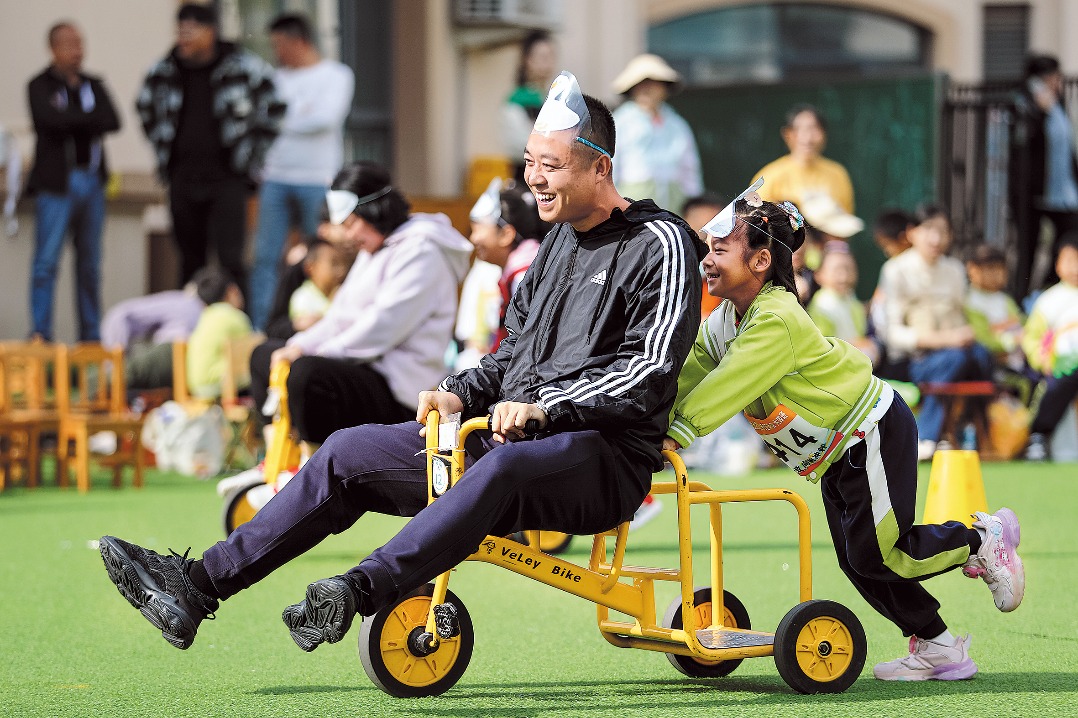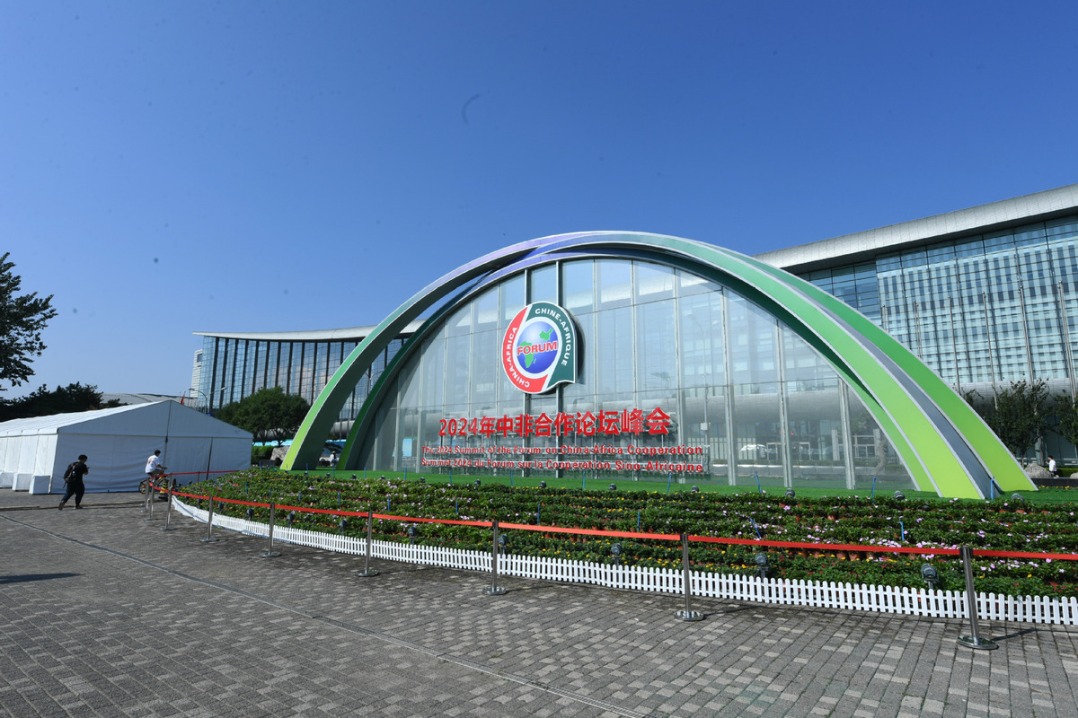Stop treating 'learning difficulty' as?a disease


Most Chinese parents pin high hopes on their children's careers, never willing to accept that their wards could be anything less than extraordinary, forget average.
So when children fare badly in their studies, it is like a rude awakening for some ambitious parents, who then rush them to hospital in the hope of "curing" them of learning difficulties and turning them from "bad students" to brilliant ones. In recent days many parents have been seeking medical assistance to make their wards perform better in school.
The Children's Hospital of Fudan University in Shanghai is one such hospital that offers help with learning difficulties, giving rise to the question if learning difficulty can be called a disease.
Most children with learning difficulties who come to see a doctor are diagnosed with attention deficit hyperactivity disorder (ADHD), which is marked by trouble paying attention, reading and writing, and sitting still.
An exam-orientated education system requires students to sit and cram for a long period of time, which can be a torment for those with learning difficulties. Given the importance Chinese mothers attach to high scores, even using fear and shame to push their wards to excel, as indicated by author Amy Chua in her book Battle Hymn of the Tiger Mother, children with ADHD end up having strained ties with their parents, angry or indifferent teachers, and getting isolated from peers. This adverse effect on children at school, at home, and among friends only adds to their woes. They are often regarded as slackers and troublemakers and even end up with low self-esteem.
Zheng Yi, a physician at Capital Medical University, mentions in a book in 2015 that the prevalence of ADHD among kids of school-going age in China was 3 to 10 percent, whereas only 10 percent of those with symptoms saw a doctor. Therefore, most children do miss out the best time to begin their treatment, which is before they go to junior high school.
However, it is ridiculous that so many children are rushed to doctors just because they fail to meet their parents' academic expectations. Society places too much emphasis on academic performance. The evaluation criteria for talents should be diverse. Learning difficulty is not a disease.
All parties must ensure that children who fall short of the norm set by society can be taken good care of, instead of being marginalized. Academic performance should not be the decisive criterion for judging a child.
Only then will parents not force their children to work harder for higher scores. Teachers will stop pulling up children with learning difficulties just because their scores are low. Even classmates will not alienate their peers who perform poorly in school.
The author is a writer with China Daily.



































